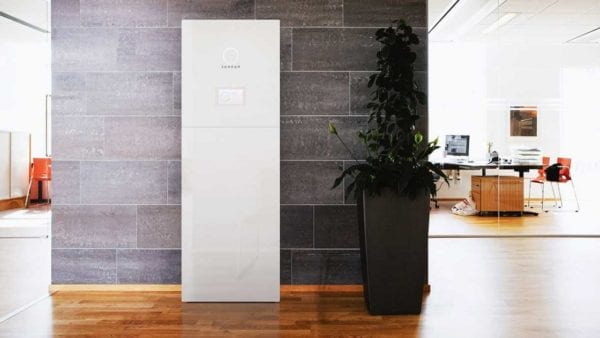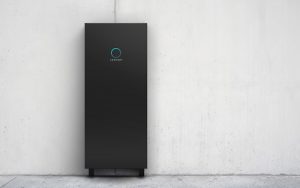German energy and battery company sonnen and technology partner Tiko Energy Solutions have obtained pre-qualification from German transmission system operator TenneT to implement a ground-breaking move to deliver primary balancing power using its network of residential battery storage systems across Germany.
This marks the first time a virtual battery of this kind has been put into operation. Indeed, it is already online and currently compensating for fluctuations in the power grid and according to the two partners, this represents a significant development.
“German households are now in a position to take over all the tasks of conventional power stations,” sonnen says.
The sonnen virtual battery is made up exclusively of thousands of residential energy storage systems installed across Germany, each of which can be used to manage energy consumption for individual households and, now, also provide flexibility for German energy markets and expand its offering to act as “the utility of the future.”
When fluctuations occur in the power grid, the residential battery systems transition from their primary role to independently arranging themselves into a large-scale virtual battery – made up of blocks of 1 MW which can then be made available to the energy market.
To secure certification from TenneT, the virtual battery had to first be able to discharge 1 MW of power to the grid and then re-charge the same amount back from it within 30 seconds.
The resulting virtual battery can now be used to rapidly compensate for short-term fluctuations in the power grid within the shortest possible time – a job previously accomplished by fossil fuel-based power stations which were continuously generating “baseload” power.
“As a young company, we are very proud to be writing energy history,” said Jean-Baptiste Cornefert, Managing Director of sonnen eServices. “In doing so, we are showing that our customersin Germany can assume all of the functions that were previously reserved for large power stations.
They can create and store energy and also ensure the security of supply within the power grid. The shift from the old energy system with central power stations to a new distributed system with the people at its core, is finally coming about as a result.”
“The ability of networked battery storages operating as a virtual power plant to stabilize the grid in the event of frequency fluctuations is another step on the way to a greater system integration of renewable energy,” added Lex Hartman, CEO of TenneT.
Currently, sonnen has been pre-qualified to deliver 1 MW, but the company hopes to one day utilise much more of its network, which currently consists of around 30,000 sonnenBatterie systems in Europe with a total network capacity of up to 300 MWh and the potential to supply around 120,000 households with electricity for one hour.










